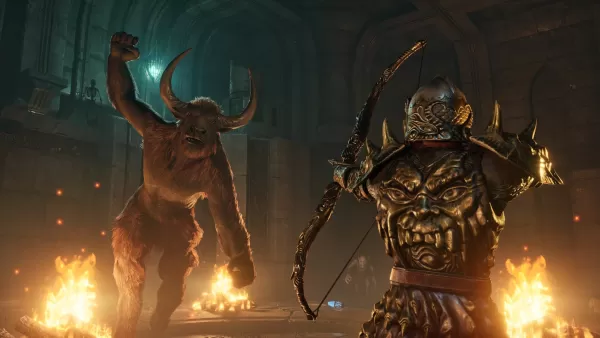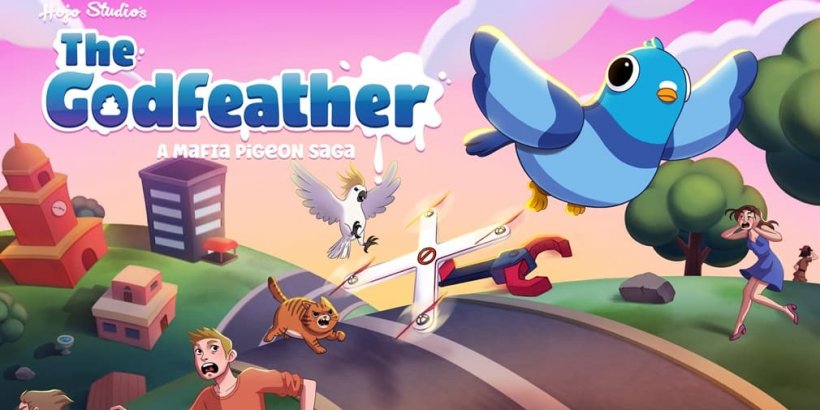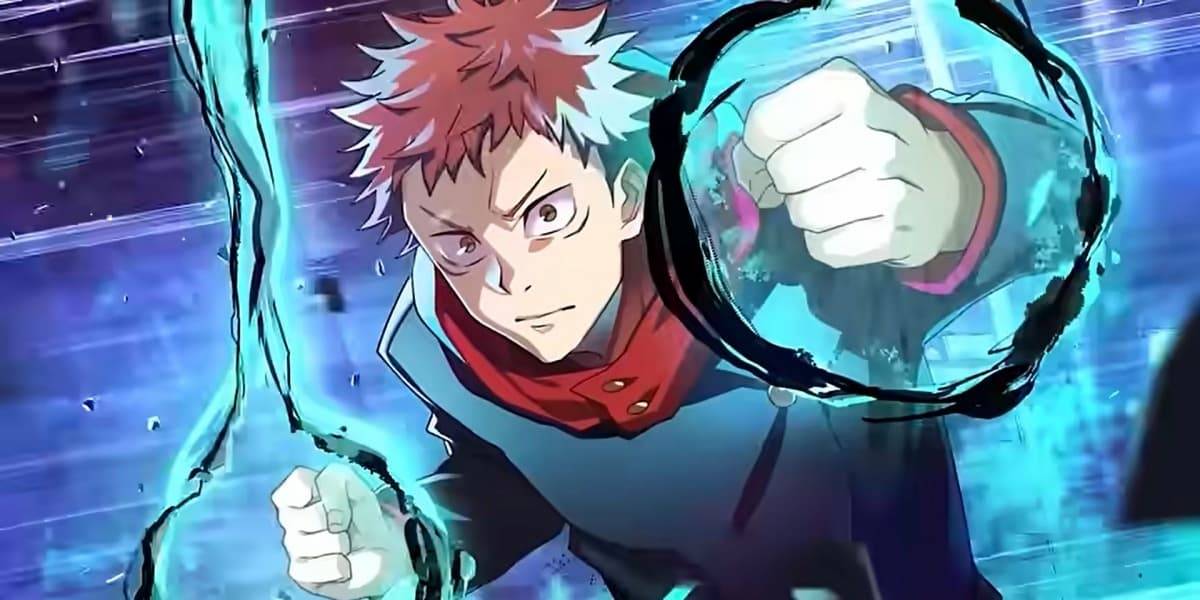"New Oblivion: Remake Look, Remaster Feel"
When Bethesda unveiled Oblivion Remastered earlier this week, I was stunned. The 2006 journey to Tamriel, once infamous for its quirky, potato-faced characters and blurry, low-resolution landscapes, has now transformed into the most visually stunning Elder Scrolls game ever created. After years of underwhelming HD remasters like the Mass Effect Legendary Edition and Dark Souls Remastered, which barely improved upon their Xbox 360 counterparts, seeing the Imperial City I explored nearly two decades ago reborn in Unreal Engine 5 with ray tracing was almost too good to be true. Moreover, the game has been enhanced with significant upgrades to combat, RPG systems, and numerous other details. This led me to question whether Bethesda and the developer, Virtuos, had misnamed the project. Shouldn't it be called Oblivion Remake rather than Remastered?
I wasn't the only one with this thought. Many fans have labeled it a remake, and even Bruce Nesmith, the senior game designer of the original Oblivion, remarked, “I’m not sure [the word] remaster actually does it justice.” Initially skeptical of the remaster label, after playing for several hours, it became clear that Oblivion Remastered might look like a remake but plays like a remaster.
The reasons why Oblivion looks like a remake are clear: Virtuos has revamped every single asset from scratch. Every tree, sword, and crumbling castle you see on screen is brand new, meeting modern graphical expectations with beautiful textures, stunning lighting, and an entirely new physics system that adds realism to every arrow and weapon strike. While the NPCs remain familiar, their models have been completely recreated. This overhaul aims not to recreate what you remember but to deliver something that meets 2025 standards. It's the best a Bethesda Game Studios RPG has ever looked, and if I had seen it before the remaster rumors, I might have mistaken it for The Elder Scrolls 6.
Yet, it's not just the visuals that have been upgraded. Combat has been significantly improved, making swordplay feel more engaging than ever. The third-person camera now functions better with the addition of a reticule. Menus, from the quest journal to dialogue and minigames like lockpicking and persuasion, have all been refreshed. The original, problematic leveling system has been replaced with a more logical hybrid of Oblivion and Skyrim systems, and sprinting has finally been added. With such extensive visual and gameplay enhancements, it's easy to see why some might consider it a remake.
However, the terminology around remakes and remasters is murky. There are no strict industry standards, and publishers often use these terms loosely. For example, Rockstar's "Definitive Edition" remasters of the Grand Theft Auto trilogy are essentially upscale versions of the original PlayStation 2 games with modern lighting. In contrast, the Crash Bandicoot N. Sane Trilogy, also labeled a remaster, features all-new graphical assets and looks like a modern game. Remakes vary even more widely: Shadow of the Colossus and Demon’s Souls by Bluepoint are faithful recreations built from the ground up, while Resident Evil 2 retains the original structure but redesigns the gameplay. Final Fantasy 7 Remake and Rebirth go further by overhauling design, script, and story.
Historically, games rebuilt from scratch in a modern engine were considered remakes, while remasters were limited to upgrades within the original technology. This definition is becoming outdated, suggesting that remasters are graphical overhauls that preserve the original game's design with minor gameplay improvements, whereas remakes redesign games entirely. By this definition, Demon’s Souls and Metal Gear Solid: Delta would be classified as remasters, reserving the term "remake" for games that offer new interpretations of old ideas.
 New lighting, fur, and metallic effects are just the beginning of the changes in Oblivion Remastered. Image credit: Bethesda / Virtuos
New lighting, fur, and metallic effects are just the beginning of the changes in Oblivion Remastered. Image credit: Bethesda / Virtuos
So, is this new version of Oblivion a remake or a remaster? After playing it, it's evident that Oblivion Remastered is aptly named. While the new assets and Unreal Engine 5's ray tracing make it look brand new, the core gameplay and design remain rooted in the 20-year-old original, preserved in that unmistakable Bethesda style. As Bethesda explained, “We looked at every part and carefully upgraded it. But most of all, we never wanted to change the core. It’s still a game from a previous era and should feel like one.”
The hallmarks of that era are evident in the loading screens, the perplexing persuasion minigame, the simplistic city designs, the awkwardly moving NPCs, and the still somewhat unwieldy combat. Even the bugs and glitches have been preserved, maintaining the original's quirky charm.
Recent releases like Obsidian’s Avowed showcase the future of RPG mechanics, making Oblivion Remastered's systems feel dated in comparison. Yet, Oblivion Remastered retains its magic and ambition, with its vast open fields full of mysteries and the engaging quest structure that outshines Skyrim's repetitive dungeons. Its old-school approach to player freedom feels refreshing in today's more guided gaming landscape. However, the game's dialogue, system integration, and level design are unmistakably dated. A remake would update these elements, but Oblivion Remastered focuses on reliving the past, thus rightly earning its name.
In film, remakes are new productions with fresh casts and scripts, while remasters enhance existing films to meet modern standards. Oblivion Remastered mirrors this, pushing visual quality to the limit by recreating the game's exterior in a new engine, but the core remains a product of the 2000s. Alex Murphy, executive producer at Virtuos, aptly described it during the reveal: "We think of the Oblivion game engine as the brain and Unreal 5 as the body. The brain drives all the world logic and gameplay and the body brings to life the experience that players have loved for almost 20 years."
Oblivion Remastered is precisely what it claims to be, and its achievements should not be underestimated. Rather than insisting it's a remake, it should set the standard for remasters from other major AAA companies. This is the level of quality that should have been achieved with Mass Effect Legendary Edition and Grand Theft Auto: The Trilogy. Oblivion Remastered looks like a remake crafted with passion but plays like a remaster preserved with love, and that's exactly how it should be.
-
 Feb 20,25Where to Preorder the Samsung Galaxy S25 and S25 Ultra Smartphones Samsung's Galaxy S25 Series: A Deep Dive into the 2025 Lineup Samsung unveiled its highly anticipated Galaxy S25 series at this year's Unpacked event. The lineup features three models: the Galaxy S25, S25+, and S25 Ultra. Preorders are open now, with shipping commencing February 7th. Samsung's web
Feb 20,25Where to Preorder the Samsung Galaxy S25 and S25 Ultra Smartphones Samsung's Galaxy S25 Series: A Deep Dive into the 2025 Lineup Samsung unveiled its highly anticipated Galaxy S25 series at this year's Unpacked event. The lineup features three models: the Galaxy S25, S25+, and S25 Ultra. Preorders are open now, with shipping commencing February 7th. Samsung's web -
 Jan 27,25Roblox: Bike Obby Codes (January 2025) Bike Obby: Unlock Awesome Rewards with These Roblox Codes! Bike Obby, the Roblox cycling obstacle course, lets you earn in-game currency to upgrade your bike, buy boosters, and customize your ride. Mastering the various tracks requires a top-tier bike, and thankfully, these Bike Obby codes deliver
Jan 27,25Roblox: Bike Obby Codes (January 2025) Bike Obby: Unlock Awesome Rewards with These Roblox Codes! Bike Obby, the Roblox cycling obstacle course, lets you earn in-game currency to upgrade your bike, buy boosters, and customize your ride. Mastering the various tracks requires a top-tier bike, and thankfully, these Bike Obby codes deliver -
 Mar 04,25The Godfeather swoops onto iOS, pre-registration open now! The Godfeather: A Pigeon-Fueled Mafia War Arrives on iOS August 15th! Pre-register now for The Godfeather: A Mafia Pigeon Saga, a roguelike puzzle-action game launching on iOS August 15th! Evade the Pidge Patrol, unleash your avian arsenal (ahem, droppings), and reclaim the neighborhood from both h
Mar 04,25The Godfeather swoops onto iOS, pre-registration open now! The Godfeather: A Pigeon-Fueled Mafia War Arrives on iOS August 15th! Pre-register now for The Godfeather: A Mafia Pigeon Saga, a roguelike puzzle-action game launching on iOS August 15th! Evade the Pidge Patrol, unleash your avian arsenal (ahem, droppings), and reclaim the neighborhood from both h -
 Jan 11,25Jujutsu Kaisen Phantom Parade: Tier List Revealed This Jujutsu Kaisen Phantom Parade tier list helps free-to-play players prioritize character acquisition. Note that this ranking is subject to change with game updates. Tier List: Tier Characters S Satoru Gojo (The Strongest), Nobara Kugisaki (Girl of Steel), Yuta Okkotsu (Lend Me Your Stren
Jan 11,25Jujutsu Kaisen Phantom Parade: Tier List Revealed This Jujutsu Kaisen Phantom Parade tier list helps free-to-play players prioritize character acquisition. Note that this ranking is subject to change with game updates. Tier List: Tier Characters S Satoru Gojo (The Strongest), Nobara Kugisaki (Girl of Steel), Yuta Okkotsu (Lend Me Your Stren
